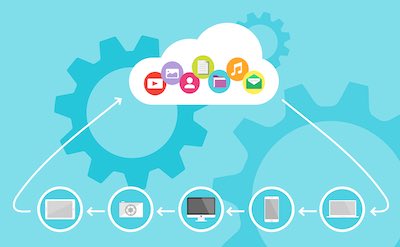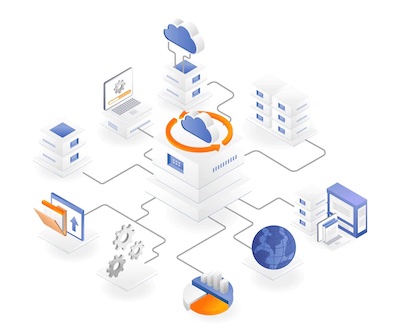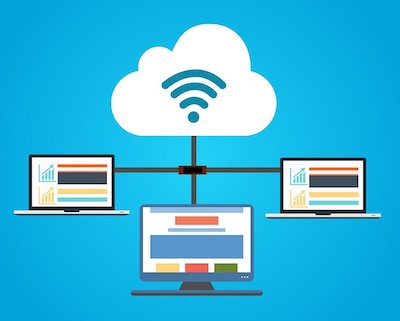 The world of cloud computing is growing at an accelerated rate. In fact, according to Gartner, cloud services will grow to be a $111 billion market by 2020. This is due to the number of benefits businesses get from using cloud servers. With a cloud server, businesses can reduce the costs associated with owning and maintaining their data centers while also getting access to more resources when they need them. There are many different types of cloud servers for businesses, but we’ll be focusing on what are called “cloud virtual private servers” (or VPS). Here are some of the top benefits businesses will get from using cloud virtual private servers:
The world of cloud computing is growing at an accelerated rate. In fact, according to Gartner, cloud services will grow to be a $111 billion market by 2020. This is due to the number of benefits businesses get from using cloud servers. With a cloud server, businesses can reduce the costs associated with owning and maintaining their data centers while also getting access to more resources when they need them. There are many different types of cloud servers for businesses, but we’ll be focusing on what are called “cloud virtual private servers” (or VPS). Here are some of the top benefits businesses will get from using cloud virtual private servers:
Reduced Costs
One of the biggest advantages of using cloud virtual private servers is cost reduction. Cloud computing can help businesses save money because it allows them to scale down their IT operations. When you use cloud servers for your business, you can save money on capital expenses including IT hardware and software. You can also save on operational expenses like facility costs and maintenance. Because cloud servers are scalable, you can increase or decrease the number of servers you use depending on demand. This allows you to only pay for the servers you need at any given time, reducing your costs.
Improves Security
Another benefit of using cloud servers for businesses is an increase in security. Cloud computing is becoming a more secure option for businesses of all types and sizes. When your data is on-premises, it is much more vulnerable to attacks. When you use a trusted cloud provider, you can improve the security of your data. Cloud providers have strong security protocols in place to reduce the risk of attacks on your data such as malicious software and ransomware. You can also add security features to your cloud server such as security software and firewalls to further protect your data. This can help prevent data breaches, data theft, and malicious attacks on your business.
More Scalability
Using cloud servers can also provide businesses with increased scalability. This means that you will be able to easily scale up or scale down your business as needed without purchasing all the servers you need upfront. When you use cloud servers for your business, you can scale up easily to accommodate fluctuations in demand. And when demand drops off, you can scale down the number of servers you use without buying more servers upfront. This scalability is a big advantage of using cloud servers for your business. It can help you prevent overspending on servers you don’t need.
Easy Deployment of Software and Services
Another benefit of cloud virtual private servers is the ease of deployment of software and services. If your business needs to regularly add new software and/or services, a cloud server is a great option. This is because you can host your software and/or services on a cloud server. Hosting on a cloud server gives your business easy access to whatever software and services you need. You can simply add the software and/or services you need to your cloud server. And if you ever need to remove software or services from your cloud server, it’s just as easy.
Summing up
In summary, cloud servers for businesses can provide several benefits including reduced costs, improved security, and more scalability. If you use cloud virtual private servers, you can also easily deploy new software and services. These advantages make cloud servers a great choice for businesses of all types and sizes.













